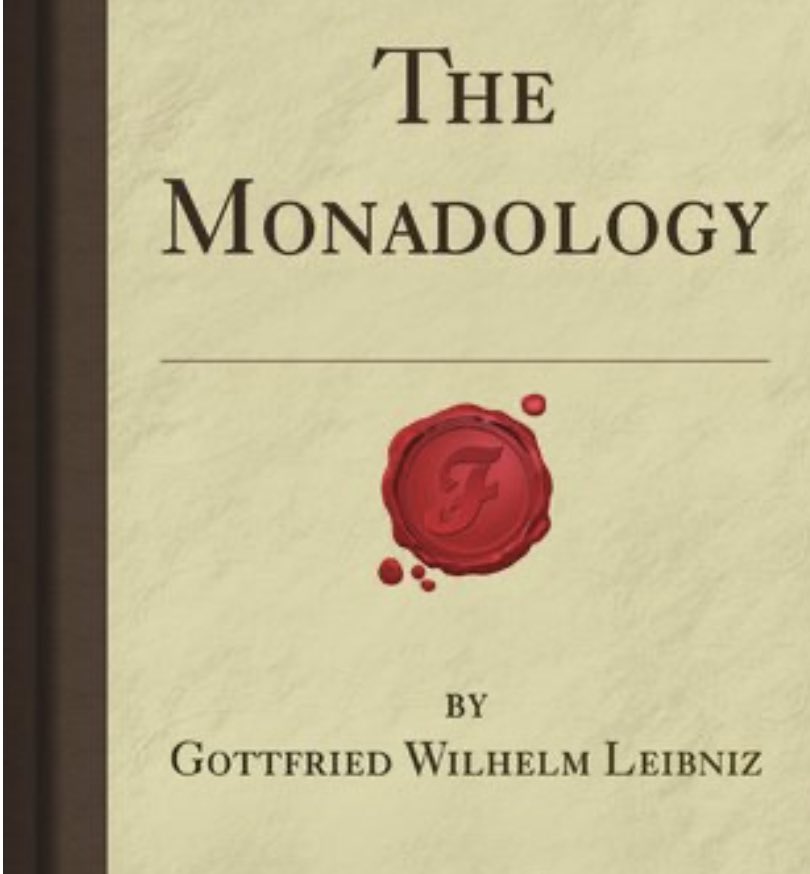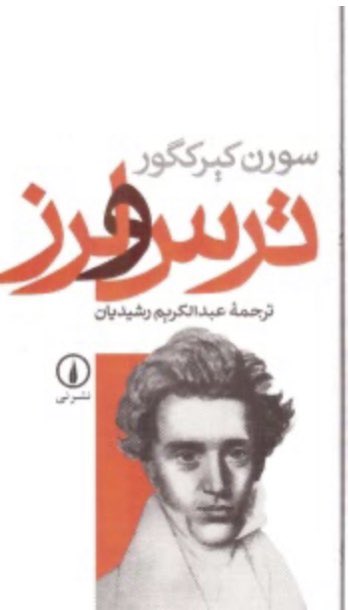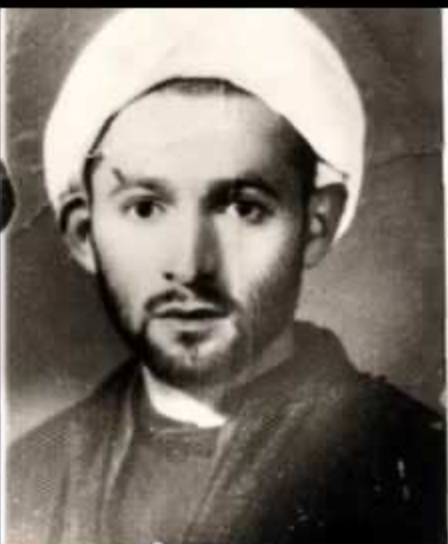The reception of #EuropeanPhilosophy in #Iran is around 100 years old and #Nashr_e_nay in #Tehran has been at the forefront of publishing translations - a thread on #translation in #ContemporaryIranianPhilosophy and the work of ‘Abdol-Karim Rashidiyan 1/
#Rashidiyan (b. 1948) is a professor of philosophy at #ShahidBeheshti university in #Tehran one of the best departments in #Iran and received his PhD from #Sorbonne in 1978; especially known for his translations of #continentalphilosophy 2/
Another that first appeared in 1998 and was reprinted last year is his translation of #Kant’s #CritiqueofJudgement that first appeared in German in 1790 and is the third on aesthetics of Kant’s critique trilogy 4/ 





He has also translated Max Weber’s (1864-1920) famous book on the #ProtestantEthic and the idealist and monist Monadology of #Leibniz (1646-1716) 5/ 





Other works include renditions of Fear and Trembling by #Kierkegaard (1813-1855) and Writing and Difference of #Derrida (1930-2004) 6/ 



Others still include renditions of the #IdeaofPhenomenology by Jean-François Lyotard (1924-1998) and #CartesianMeditations by Edmund Husserl (1859-1938) and a separate monograph recently on #Husserl 7/ 





He is one of three translators to have taken on Sein und Zeit of Martin #Heidegger (1889-1976) in 2010 with #Nashr_e_nay others Siyavush Jamadi (b. 1951) who specialises on translating #Germanphilosophy also in 2010 and Muhammad Navali (b. 1933) appearing in 2012 8/ 







The best way to gauge the impact of #EuropeanPhilosophy is to study their translations and compare them with serious analyses of tests which are on going so that we get a sense of non-seminarian philosophy in #Iran which is more than just #Kant 9/
• • •
Missing some Tweet in this thread? You can try to
force a refresh


















